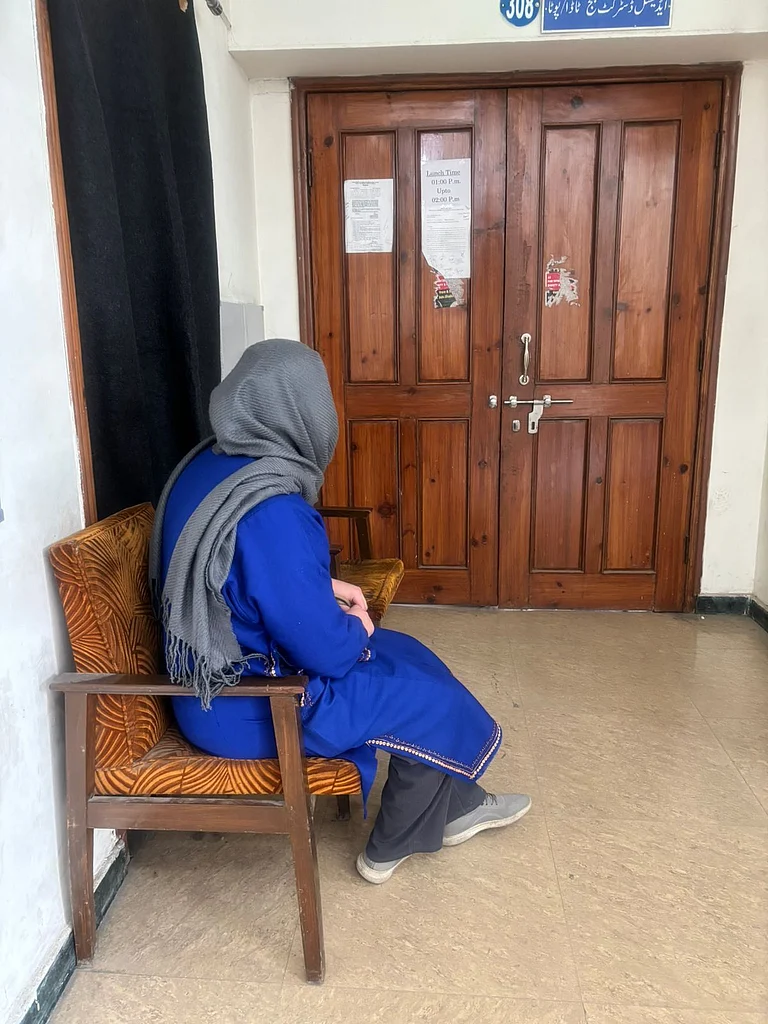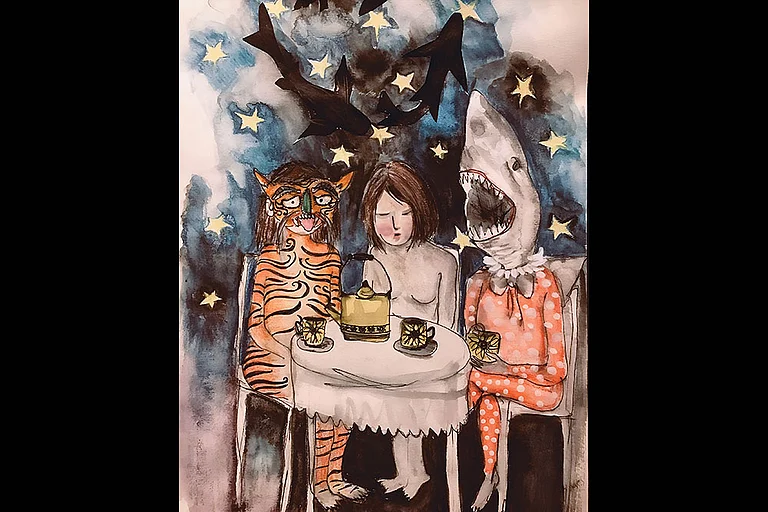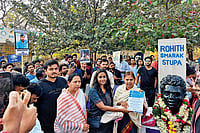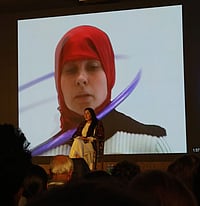
Kottappuram and panchayats around it tell stories of compassion, love and care.
A 45-year-old woman with some school education changes the local attitude towards mental illnesses.
Beating the stigma around patients is over half the battle against mental illness won.
Have you ever heard about a carer’s unrelenting attempts becoming instrumental in changing the attitude of villagers towards people living with mental illnesses? If not, you may not have heard about Rahiyanath, a 45-year-old woman from Kottappuram, Malappuram, in Kerala.
Kottappuram is a nondescript village in Malappuram, Kerala. However, Kottappuram and its nearby panchayats tell the story of compassion, love, and care towards individuals with mental illnesses. And a 45-year-old woman with only senior secondary school education―with the support of The Banyan―was instrumental in changing the attitude of the local public towards people with mental illnesses.
Rahiyanath has a story to tell―a story that is intertwined with her own life.
Stigma towards those with mental illness is prevalent in almost all societies, and Kerala is no exception. “But this prejudice stems from ignorance. I am sure that through proper awareness, this can be changed. And I have tangible examples for that,” she says.
Rahiyanath was part of a palliative care unit in Kozhikode when she was tasked with finding houses on rent for the ‘Home Again’ project of The Banyan.
“That was in 2016. It was not easy to get homes for rent for people with mental illness―who were leaving the state psychiatric hospitals or other institutions after a long duration of institutionalisation. However, being from Kottaparambu in Malappuram district, I tried to persuade people I knew personally to rent homes for the Home Again project. Though some of the landlords were convinced, neighbours were not cooperating. They thought the presence of people with mental illness would create trouble in their lives. But despite the setbacks, I persisted with my efforts,” says Rahiyanath.
“I thought of surveying the local people to know how many of them oppose giving rented homes to the Home Again project. To my dismay, the majority of them were not in favour of giving their homes to mentally ill patients, as they thought that would affect their daily lives. But, even then, I did not give up. On my assurance that nothing untoward would happen, finally, some landlords relented,” says Rahiyanath on how she won her first battle.
In the beginning, 15 people who were languishing in different mental health hospitals in Kottayam district were brought to Kottaparambu. They were housed in three rented homes. But the challenges did not end there.
Rahiyanath says that getting people to work as personal assistants, to support those living in these homes, posed a big challenge. “I convinced them by taking some of them to The Banyan in Chennai and showing how similar homes were functioning, which convinced them.”
As time passed, local people became increasingly convinced. Some of the service users of Home Again who wanted to lead an everyday life began seeking employment in nearby shops and establishments. “I facilitated some of them to get jobs like floristry and tailoring,” she says. The chemistry between those living in these homes and the local people developed to an extent that they began to be invited to marriages and other special occasions.
But Rahiyanath says she was not convinced enough and wanted to document the change in the attitude of the local people. She conducted another survey among the local public in Kottapuram, Pulikkal, and Periyambalam panchayats in Malappuram district to gauge their attitudes towards service users of Home Again. That survey convinced Rahiyanath that her efforts to sensitise people towards those with mental illness had succeeded.
Rahiyanath was relieved. “I was delighted, and it gave me moral strength to continue my efforts to help service users. I didn’t do all this work alone. It was due to the constant support and cooperation from The Banyan as well as my friends and neighbours.”
“Rahiyanath’s efforts to not only establish Home Again, but also to educate people have been exemplary. She convinced every single person who was sceptical of our project,” says Bincy T. Oomen, Programme Lead at The Banyan, Kerala Chapter. Rahiyanath knows from her family how important it is to care for people with mental illness.
Rahiyanath’s partner was hit by a speeding vehicle some years ago when he was in Kozhikode. His brain got damaged in the accident. And after that, he lost his senses and started behaving strangely. “Now he requires complete care. Physically and mentally, he is devastated. Though I chose this profession just as a career, my own experience is teaching me every day how vital caring is for someone living with a mental health condition. Despite all the hardships I have encountered in my daily life, I make sure to attend to the needy, take them to the hospital when they need medical support, and engage with them in many other ways,” she says.
Rahiyanath was unable to pursue higher studies due to financial constraints. But taking a cue from her mother’s interest in dealing with people with psychological problems, Rahiyanath’s daughter is now pursuing her post-graduation in psychology.





























